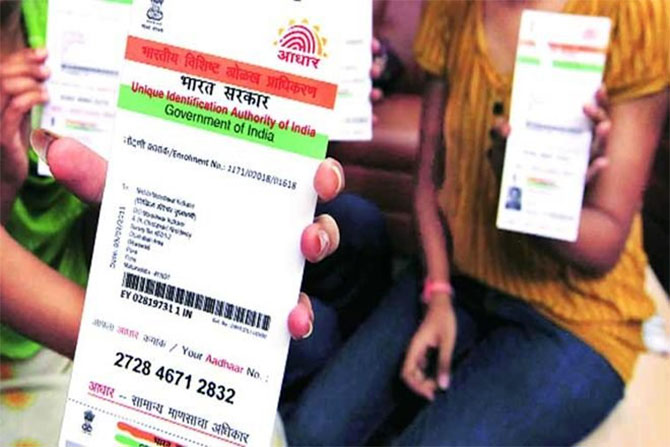In a landmark decision that will affect the lives of all Indians, the Supreme Court today unanimously declared that right to privacy was a fundamental right under the Constitution. A nine-judge Constitution bench headed by Chief Justice JS Khehar ruled that "right to privacy is an intrinsic part of Right to Life and Personal Liberty under Article 21 and entire Part III of the Constitution".
The ruling on the highly contentious issue was to deal with a batch of petitions challenging the Centre's move to make Aadhaar mandatory for availing the benefits of various social welfare schemes. The right to privacy "is protected as an intrinsic part of Article 21 that protects life and liberty," the Supreme Court ruled.
Today's verdict does not comment on whether the government's demand for Aadhar to be linked to all financial transactions amounts to an infringement of privacy. That decision will be taken by a separate and smaller bench of the Supreme Court.
All fundamental rights come with reasonable restrictions, said SC lawyer Prashant Bhushan and whether Aadhar can be seen as a reasonable restriction has yet to be decided, he cautioned.
The petitioners in today's case had stressed that the Aadhaar database was originally presented as a purely voluntary programme that offered to provide every Indian with an identity card, but the government had said that Aadhaar is essential for all services including tax returns, opening bank accounts and securing loans, pensions and cash transfers for those entitled to welfare schemes.

11:11 Not a verdict on the use of biometrics or Aadhar: Point to note is that the Supreme Court verdict on privacy is not about Aadhaar. The Supreme Court has only given a verdict on whether the Right to Privacy is a fundamental right. It has not said anything about the use of Aadhar and biometrics, says Prashant Bhushan.
Right to Privacy is now part of Article 21 of the Constitution which ensures the protection of life and personal liberty. It says no person shall be deprived of his life or personal liberty, except according to procedure established by law.
No comments:
Post a Comment